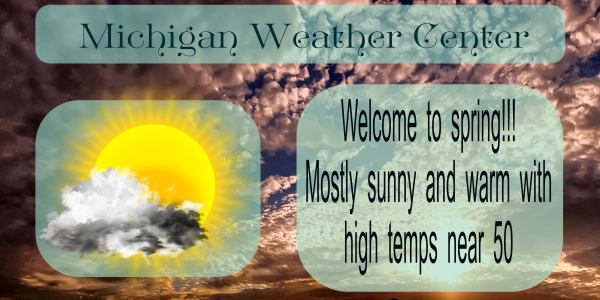People have used observable periodic natural phenomena to mark time for thousands of years. The natural rotation of Earth around the sun forms the basis for the astronomical calendar, in which we define seasons with two solstices and two equinoxes. Earth’s tilt and the sun’s alignment over the equator determine both the solstices and equinoxes.
The equinoxes mark the times when the sun passes directly above the equator. In the Northern Hemisphere, the summer solstice falls on or around June 21, the winter solstice on or around December 22, the vernal or spring equinox on or around March 21, and the autumnal equinox on or around September 22. These seasons are reversed but begin on the same dates in the Southern Hemisphere.
Because Earth actually travels around the sun in 365.24 days, an extra day is needed every fourth year, creating what we know as Leap Year. This also causes the exact date of the solstices and equinoxes to vary. Additionally, the elliptical shape of Earth’s orbit around the sun causes the lengths of the astronomical seasons to vary between 89 and 93 days. These variations in season length and season start would make it very difficult to consistently compare climatological statistics for a particular season from one year to the next. Thus, the meteorological seasons were born.
Meteorologists and climatologists break the seasons down into groupings of three months based on the annual temperature cycle as well as our calendar. We generally think of winter as the coldest time of the year and summer as the warmest time of the year, with spring and fall being the transition seasons, and that is what the meteorological seasons are based on. Meteorological spring includes March, April, and May; meteorological summer includes June, July, and August; meteorological fall includes September, October, and November; and meteorological winter includes December, January, and February.
Meteorological observing and forecasting led to the creation of these seasons, and they are more closely tied to our monthly civil calendar than the astronomical seasons are. The length of the meteorological seasons is also more consistent, ranging from 90 days for winter of a non-leap year to 92 days for spring and summer. By following the civil calendar and having less variation in season length and season start, it becomes much easier to calculate seasonal statistics from the monthly statistics, both of which are very useful for agriculture, commerce, and a variety of other purposes.

Breaking>>>>possible snow by Thursday night or Friday!
Wow 52* degrees out at thee YARDOFBRICKS Who knew ???? It’s beautiful Spring day outside get the grass seed ready! INDY
March is in like a lamb, and it will prolly go out like, whoa , hold my sprite!!!
Great Sprites ….the furnace just kicked on again ,..INDY
Closing in on 60, up to 57 here! What a day, 20 degrees above the average high! We’ve had a string of months above average, and now March is starting out the same with no change in sight. So much for all the cold and snow hype.
Wow 50 in GR already! Is that Holland reporting 55 degrees? Love it!
51* degrees out at thee YARDOFBRICKS loving this day sunny and doing fine INDY
Always cold, cloudy and wet into June for us…as usual.
Now there is a man that knows reality! The warm weather hype is always off the charts this time of year and then reality will set in when we see a stretch of below normal temps with rain and freezing rain and snow! Incredible!
For Otsego – we ended Met winter with 36.4 inches of snow. The biggest event was on 01/20 with 8 inches, the second was on New Year’s eve with 5 inches. The main issue for lack of snow for Allegan county was the lack of cold air and the west/northwest wind which would normally give us lake effect. We still have March to get through, maybe we can break 40 inches for the season.
I didn’t know that temps in the upper 40’s are considered warm?
Yes February was a snowy month! How could that be?
While February ended up being the coldest month of the winter of 2020/19 with a mean of 27.5 it was still above average. February was also the only month that ended up above average in snow fall (we still have March and April to go yet) The mean for the meteorological winter at Grand Rapids was 30.7. The coldest low was just +4 and if this holds for March it will be the 2nd warmest winter minimum for Grand Rapids. Snow fall so far as stated February ended up above average with 15.9″ at the airport. For meteorological winter winter… Read more »
Get the shorts out put away the winter coats play ball walk the dog first day of Spring party time …So longggg Winter …..Have a super Sunday …INDY
+1
+100000
-100000
February finished above average keeping our very warm streak alive. Hello spring!